For three quarters of a century, Radio 4 has been sending notable public figures off to a desert island, with just a few records, a couple of books and a luxury item for company. Originally a sort of music review show, the programme quickly mutated into using the records to provide a framework for the castaways to talk about their life and work.
To mark the 75th birthday, we've chosen half a dozen episodes - all available to listen to now - with some of the people whose thoughts and work have shaped the world we live in.
Denys Lasdun
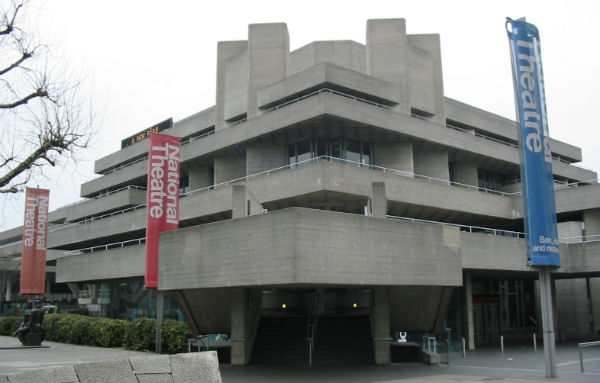 Royal National Theatre
Royal National Theatre
Denys Lasdun was a leading architect, one of the foremost Brutalist architects to work in Britain. His greatest work is the Royal National Theatre in London, which joined the other concrete structures which make up the South Bank Centre on the side of the Thames.
On the programme, he was asked if he was forced to choose concrete to fit the existing buildings:
I didn't have to… I chose to use concrete but that is very much connected, that choice, with the form of the building.... It's reinforced concrete that can make these forms.
Castaway on: 20th December, 1976
Listen to Denys Lasdun on Desert Island Discs
A brief history of Brutalist architects
Carl Sagan
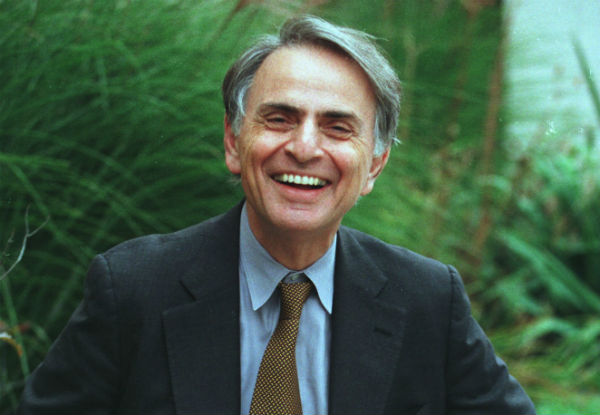 Carl Sagan
Carl Sagan
Carl Sagan was an astronomer, cosmologist, author and - above all - a person able to explain his enthusiasm for exploring and understanding the universe in a way that was infectious.
On Desert Island Discs, he told about the discs that he'd taken part in casting away - on the side of NASA spacecraft:
We thought over a thousand million years there was some chance that some other species of space-faring civilisation might have come upon this ancient, derelict, primitive ship and heave to, and wonder who had made it. So attached to each space ship is a phonograph record. A metal disc with instructions for use written in what we hope is clear scientific language on the cover, and a cartridge and a stylus. We assume that if they can find us in the dark between the stars, they'll be able to figure out how to amplify the sounds.
Castaway on: 24th July, 1981
Listen to Carl Sagan on Desert Island Discs
How will we make contact with alien intelligence?
Susan Blackmore
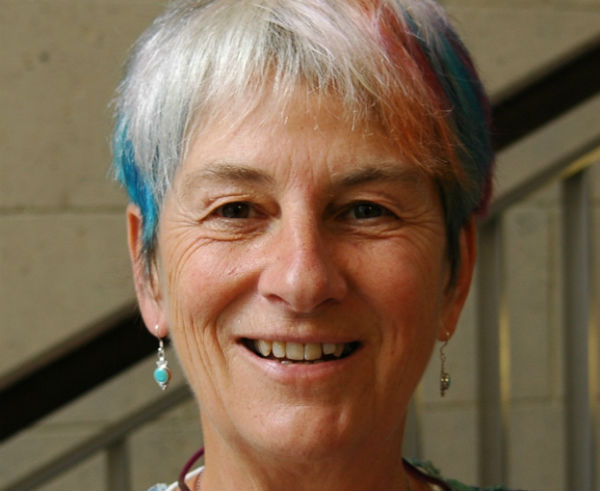 Susan Blackmore
Susan Blackmore
Susan Blackmore is a psychologist. She's explored the idea of consicousness and the sense of self. Earlier in her career, she was a leading thinker in the field of parapsychology - taking a sceptical approach to paranormal. It's a field she's since left.
Part of the reason for moving away from the unexplained, she explained on Desert Island Discs, was the difficulty of debating with those convinced about the paranormal:
Mostly I enjoy the battle, I enjoy the fact that I don't whether I'm right, and having a good argument with somebody, hearing their point of view, putting mine, will help me work out who IS right. But sometimes I just can't stand it any more. One of the things that annoyed me particularly is when I'm saying 'I don't know the answer; there's this evidence, and there's this evidence, and it all suggests to me that this is not paranormal, for example, it's explained this way.' And the answer comes back 'well, you may say you think this and you've got a theory but I know', and there's nothing you can say.
Castaway on: 3rd May, 1988
Listen to Susan Blackmore on Desert Island Discs
Russell Stannard on consciousness and the limits of science
Val McDermid
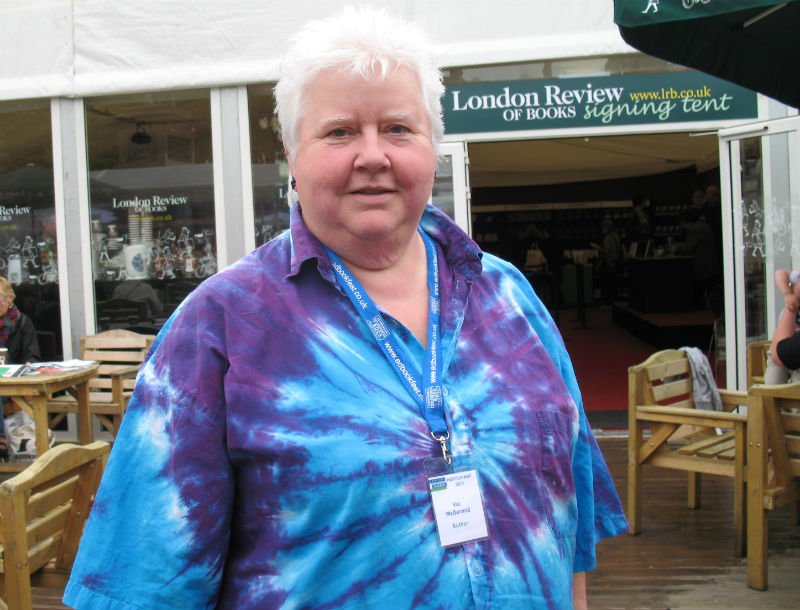 Val McDermid
Val McDermid
The crime writer Val McDermid published her first book in 1987. Since then, she's ammassed a shelf full of much-admired detective novels, alongside non-fiction, children's books and even a re-imagining of Jane Austen's Northanger Abbey.
At university, she came out. Did this, wondered Desert Island Discs, cause a problem for her parents, with their upbringing from a stricter era?
It was never an issue for either of my parents. Sometimes people say 'think about writing a memoir' - well, how can I write a memoir? I've got no bloody conflict! My parents just took it in their stride, and it was never, ever an issue for them.
Castaway on: 14th July 2013
Listen to Val McDermid on Desert Island Discs
Val McDermid on celebrity villains
Stephen Spender
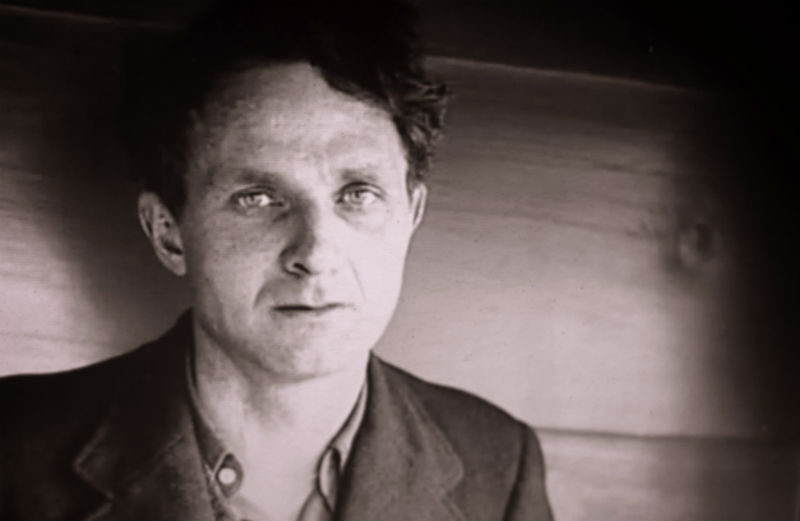 Stephen Spender
Stephen Spender
Stephen Spender's writing as a poet had a firm focus on social injustice and class. In 1929, he wrote a novel about the contradictions of Nazi Germany - a place both more free than the England of the time, but also not so; the book, The Temple, would not be published until 1988.
Not much of his Desert Island Discs has survived, but a few minutes are still available in the archive. In it, he shares an experience many writers will recognise - of not being an overnight success:
It had a very good critical reception. I don't think it had very many readers. I think that within two years, it had only sold a thousand copies or so.
Castaway on: 9th July, 1962
Rate and Review
Rate this audio
Review this audio
Log into OpenLearn to leave reviews and join in the conversation.
Audio reviews